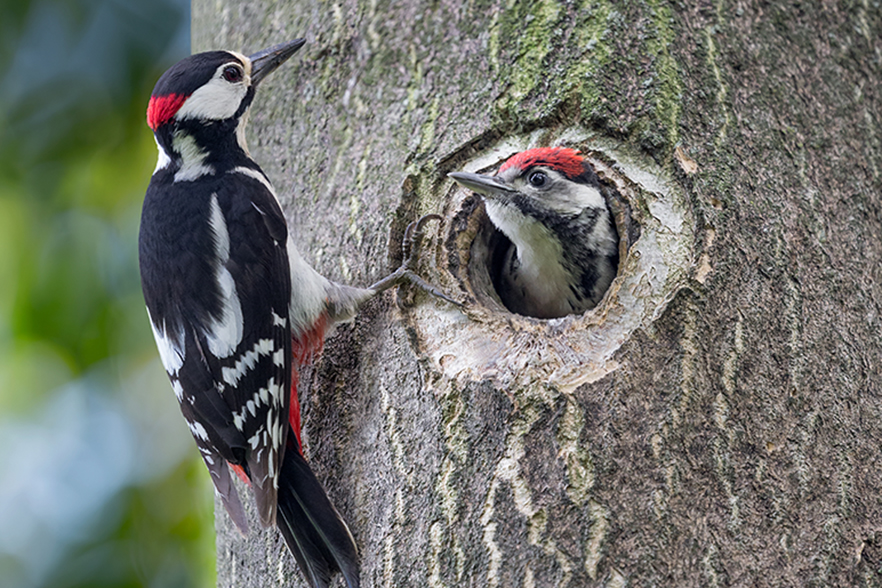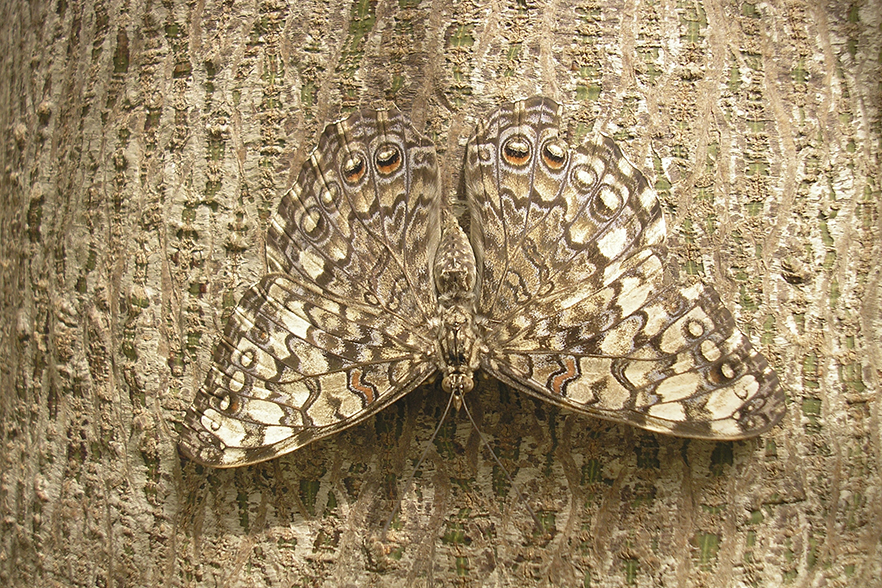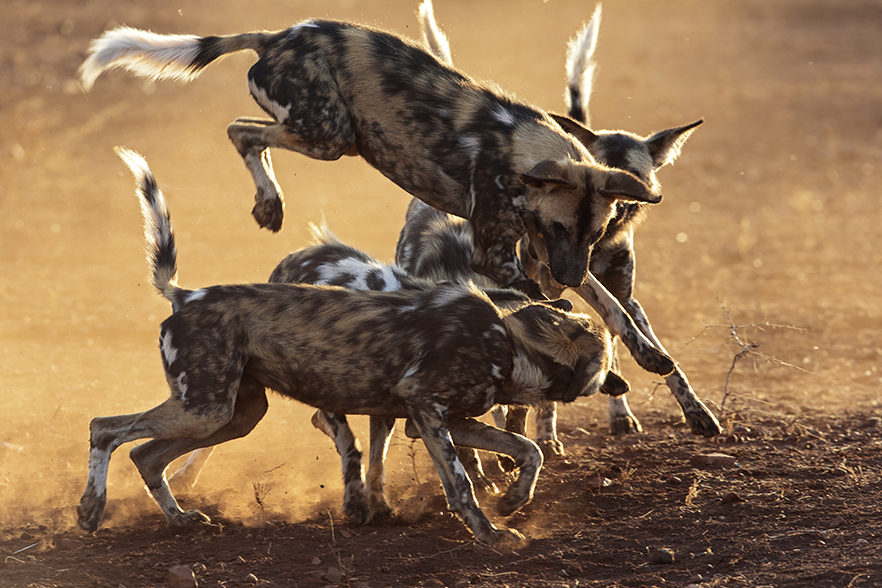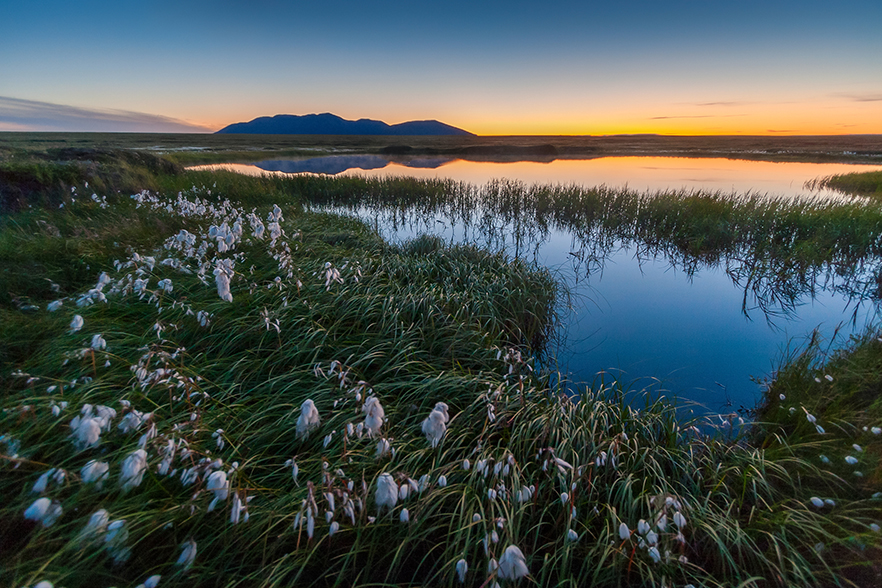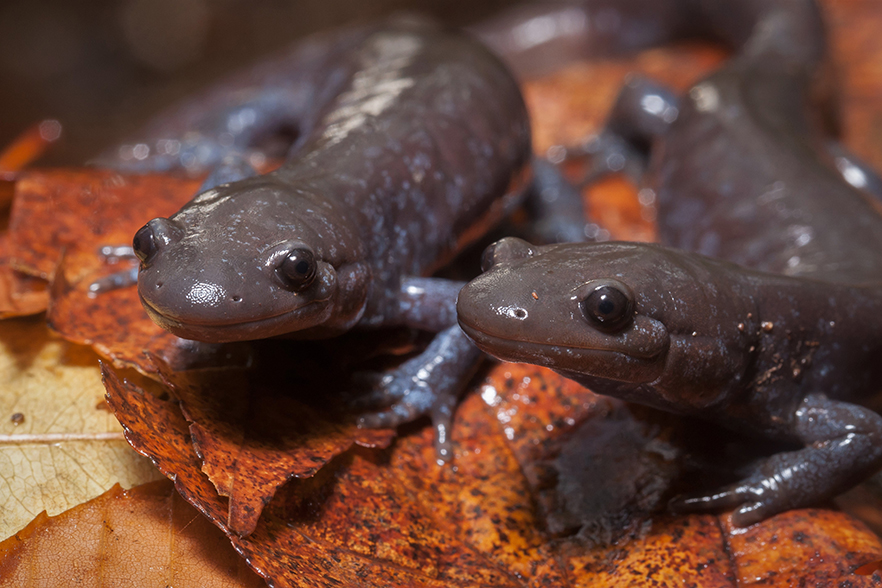Ecology
MSc Coordinator of the Master in Ecology
Prof. Dr. Arpat Ozgul (arpat.ozgul * ieu.uzh.ch)
Study Coordinator
Dr. Karin Isler (studienkoordination * biol.uzh.ch)
DEGREE
Master of Science in Biology, Ecology
The specialization in Ecology will only be offered until the spring semester of 2024 (students already enrolled can still complete it). Starting from the fall semester of 2024, it will be replaced by the MSc Biodiversity program.
OVERVIEW AND EDUCATION GOALS
Ecology is about understanding the links among organisms and their biotic and abiotic environment. This MSc degree aims to provide students solid grounding on the theory, scientific basis, analytical methods, and practical applications of modern ecological analysis.
Coping with ever-increasing ecological problems requires knowledge of a variety of scientific disciplines beyond ecology, including evolutionary biology, genetics, mathematics, statistics, and conservation biology. The multidisciplinary approach adopted in this MSc degree will prepare students to conduct rigorous ecological analysis and apply the inferences to improve conservation decision-making.
In this degree, students learn about the latest research in the field and have the opportunity to conduct a project in a research group at the University of Zurich (UZH) or at one of the affiliated Swiss research institutions. They can choose from a variety of theoretical, experimental, and empirical projects, and from a wide range of organisms and ecosystems, from microbes to tortoises and glacial streams to alpine meadows.
ECTS
The MSc degree is part research (60 credit points), part taught (20 credit points), and part self study (10 credit points). The research part is performed as an independent MSc thesis, supervised by a MSc Supervisor.
LANGUAGE
English
ADMISSION
All students with a suitable Bachelor's Degree (e.g., Biology), ideally including courses in ecology and evolution, and with good command of English can apply. Matriculated Biology bachelors at UZH can enrol without an application to the Central Admissions Office.
DETAILED INFORMATION
Important information on the organisation, enrollment, and requirements of the MSc Degree in Biology - Ecology can be found here: www.popecol.org/msc_ecology
